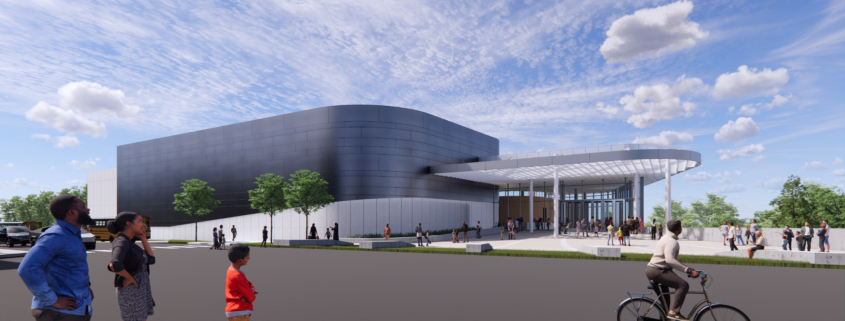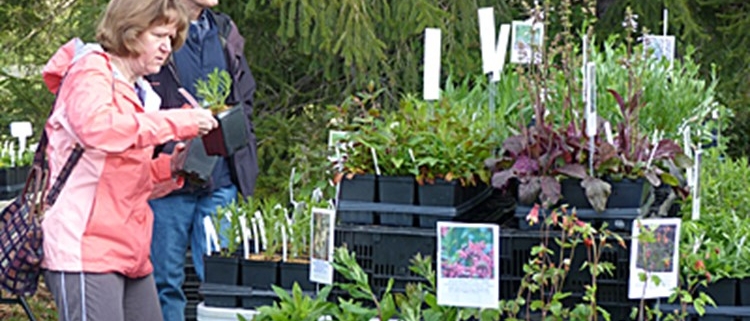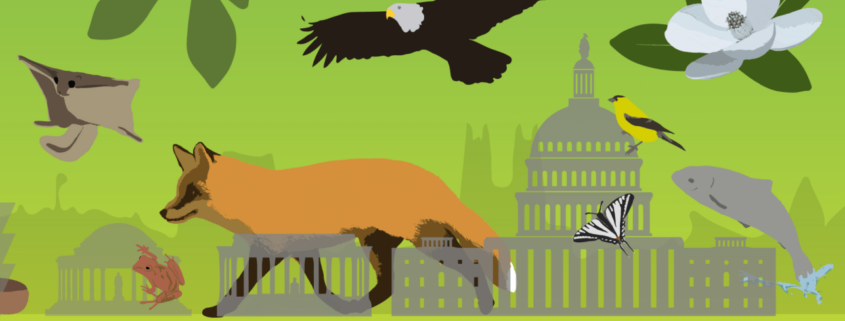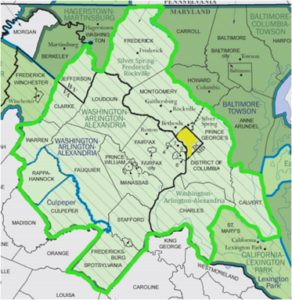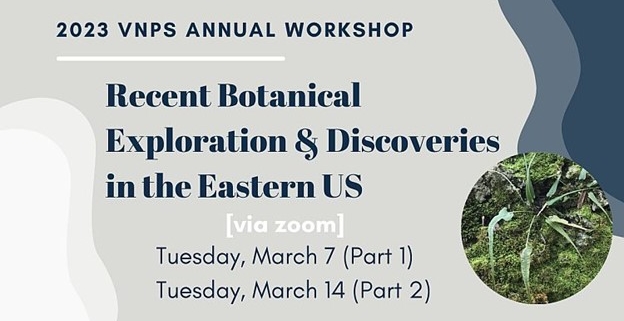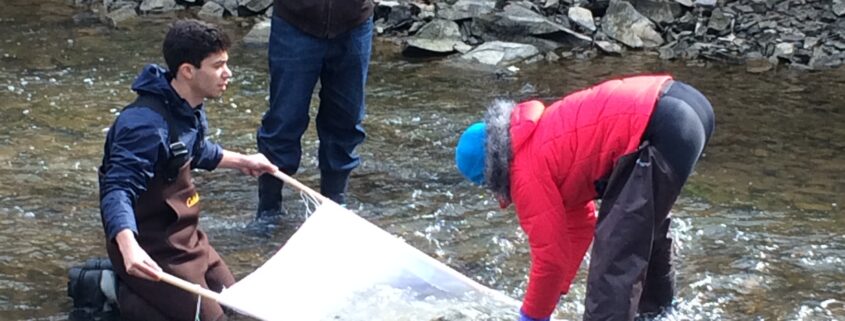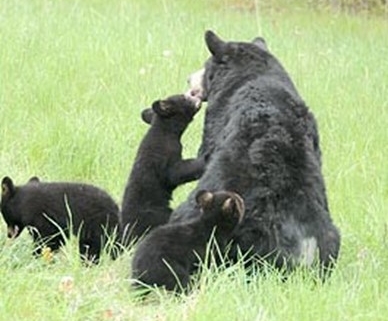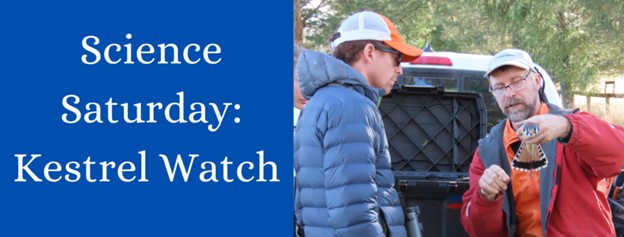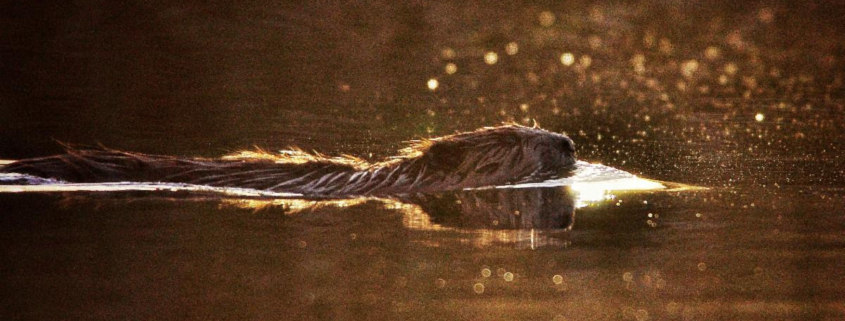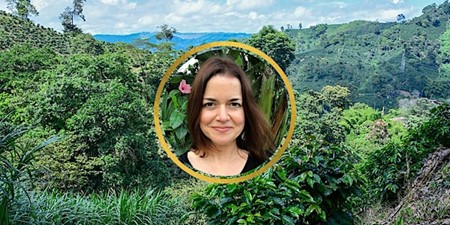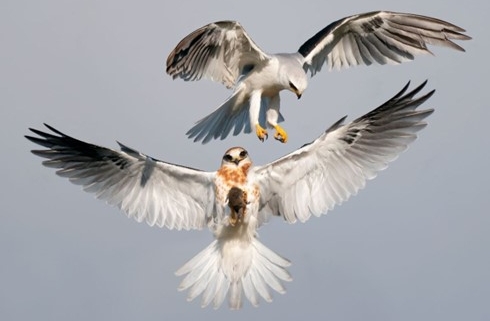One Hundred Thousand Welcomes
Banner Photo courtesy NoVA Science Center
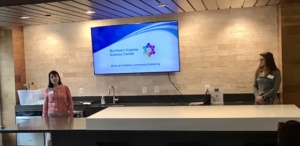
Adalene Spivy and Katie Jones opening presentation – photo Jerry Nissley
FMN attended a community event at the Kincora complex in Dulles on March 23rd to preview final plans for the Northern Virginia Science Center project. The event was designed to connect like minded organizations in and around NoVA that would have potential interest in the new science center. Attendees were presented with a beautifully done conceptual fly-through of the future facility. After the detailed video introduction, we were invited to the Jameson’s rooftop terrace for coffee, conversation, and unobstructed views of the very active heron rookery.
The Kincora community in Loudon County is somewhat unique in and of itself. It is planned as an interactive, multi-use, nature-focused community that harmoniously interweaves residential dwellings with the surrounding natural environment. Within Kincora’s 424 acres is a 165 acre conservation area that encompasses a section of the Broad Run watershed. This conservation area includes green space for leisure outdoor activity, meandering trails, and the great blue heron rookery.
Understanding the heritage of the ninth century Irish palace named Kincora and the legacy of its ruler Brian Boru, lends insight into the vision for modern day Kincora. The Gaelic saying: Ceud Mìle Fàilte, means ‘One Hundred Thousand Welcomes’. Whoever you are, wherever you come from, you are welcome. Modern day Kincora has adopted this axiom as their theme for community planning. So it is written that Loudon County Kincora, “aims to create a place of unity where everyone will find their happy and peaceful spot, whether that’s running along one of the community’s many trails, sketching a landscape of Broad Run, or devouring a good book at a local café.”

Partial view of Heron Trail adjacent the rookery. – Photo Jerry Nissley
The Northern Virginia Science Center, which will be located on land donated by Kincora, is being developed through a public-private partnership including the Northern Virginia Science Center Foundation – a Northern Virginia based non-profit, the Science Museum of Virginia – an agency of the Commonwealth of Virginia, and Loudoun County. With substantial public and private financial support from partners across the region, this project fulfills the long-held vision for a world-class, interactive, indoor/outdoor science center in NoVA. It is networked with the other Virginia science centers, so resource sharing is an advantage. The Center will feature five main exhibition galleries: Flow (fluid in motion), Helios (our solar system), Human (what makes us human), Habitat (how humans are part of nature), and Wonders (family interactive science).
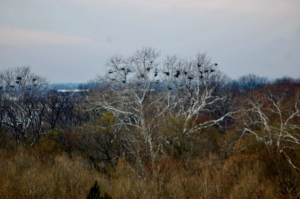
Those dark spots in the sycamores are Heron nests – Photo Jerry Nissley
The adjacent Great Blue Heron rookery reportedly averages 50+ nests clustered among the mottled sycamore trees along Broad Run. From the rooftop observation deck of the Jameson, herons could be seen bringing in large to medium sized sticks required to repair nests from last season or complete new construction. Adult herons would squabble and squawk over the new lumber and occasionally one heron would purloin a branch from another for its own nest. A raucous construction site indeed. Spotting scopes or 800mm camera lens were not required to watch this atavistic behavior but were indeed helpful. Herons will forever remind me of pterodactyls. No chicks were seen at this time of the year. The eponymously named Blue Heron Trail winds its way through the preserved area near the rookery.
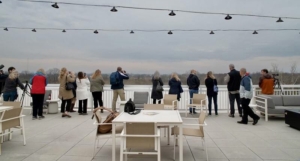
Rooftop gathering – photo courtesy NoVA Science Center
The event was widely attended by representatives from environmental, science, and conservation groups in NoVA. There was palatable anticipation in the air as all organizations look forward to the groundbreaking. The future science center shows so much potential to inspire STEM learning and to provide high-quality interactive experiences to learners of all ages.
Kudos go out as well to the enthusiastic and engaging Science Center management team. They made for a memorable event, with “one hundred thousand welcomes” of their own.
Oh – by the way, Kincora has a secret to reveal that I can neither confirm nor deny (wink) – ha, but fortunately you may read all about.
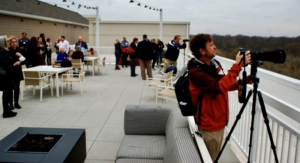
A few attendees brought the right tools – photo Jerry Nissley
List of organizations in attendance:
- Blue Ridge Center for Environmental Stewardship
- Fells Financial
- Friends of Banshee Reeks Nature Preserve
- Fairfax County Park Authority
- George Mason University
- Loudoun County Parks, Recreation and Community Services
- Loudoun County Public Library
- Loudoun Soil and Water Conservation
- Loudoun Wildlife Conservancy
- Loudoun Water
- MSI Photo
- National Weather Service
- Northern Virginia Bird Club
- Northern Virginia Science Center Foundation
- Virginia Master Naturalists – Banshee Reeks Chapter
- Virginia Master Naturalists – Fairfax Chapter


